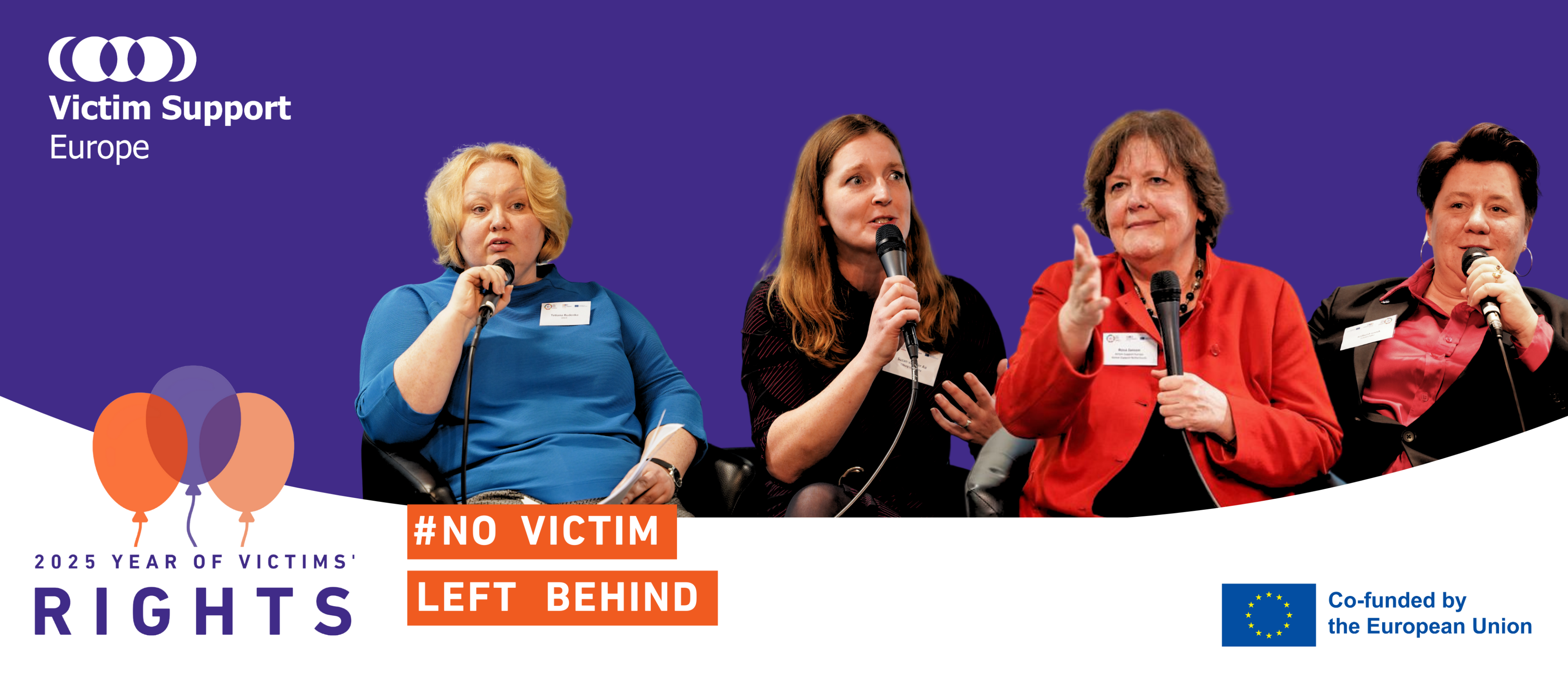It is an unpleasant fact that millions of people fall victim to crime every year and that while crime prevention has reduced the instance of some crimes, other, more subversive crimes – domestic abuse, cybercrimes, etc. – are on the increase. As these crimes affect us all, whether directly or through our communities, we must ensure that victims are provided with support; to help them not only cope with the impact of the crime, but also to face the criminal justice system, and to aid their recovery following a violent crime.
2025 is a year of celebration! Firstly, it is a year to highlight the adoption by the United Nations of the first instrument to focus on victims of crime, the Declaration of Basic Principles of Justice for Victims of Crime and Abuse of Power. Next, in 2025 it is 25 years since the publication of the EU's Charter of Fundamental Rights, and it is 35 years since Victim Support Europe (VSE) was founded.
To celebrate these 35 years, VSE – whose 80 members work with over 3 million victims across the EU ever year – will launch its ambitious "2025 – Year of Victims’ Rights" campaign which will prioritize the delivery of victim support by bringing together not only the global victim support community but also the United Nations and other partners.
While we take time to celebrate the progress that has been made in victims’ rights, we must note that these international commitments have not always resulted in victims’ lives being improved. In the EU alone, the provision of victim support is inequitable: in some countries, victims receive support from national as well as specialist organisations and can readily access helplines, court-based advocates, etc., while in others, many thousands of victims can only access the most basic level of assistance.
Therefore, we hope that in 2025, we will not only be able to celebrate past achievements but will also see the adoption of new laws and strategies that will make a genuine difference to the lives of all us who become victims of crime.
Campaign vision and key events
VSE’s President, Rosa Jansen, explains that "The campaign has the support of our members across 36 countries, as they too believe that victim support should be universal—not just a privilege for wealthy nations, Therefore we will use action and art to push for reforms to the Victims' Rights Directive while safeguarding and building on the progress made since the 1985 Declaration."
The campaign, which will launch on 22 February, the European Day for Victims of Crime, seeks to unite citizens, professionals, and politicians to demonstrate why victim support is vital for a sustainable future. The campaign's three key events take place in:
- February: The campaign launch at the Brussels Press Club; "Once Upon a Support" spotlights the European Day for Victims of Crime’s 35-year history.
- May: Victim Support Europe’s Annual Conference - “35 Years of Victim Support in Europe” – takes place in Lisbon.
- November: “More Than Words”, a joint VSE/UN event marking 40 years of the UN’s Declaration for Victims of Crime will conclude the campaign.
Throughout the year we will hold other events, such as the Victim Support Award; monthly updates by MEPs on their commitment to victims' rights; and Victims' Stories, a collection of videos highlighting victims' rights, presented in a film festival-type webpage.
VSE’s commitment to victims’ rights
Founded in 1990, VSE has become one of the largest non-profit networks in victim support and is recognised by the UN, the Council of Europe, and the EU for its active role in advocating for stronger victim rights. Through its many projects, VSE enhances the support offered to victims by services across Europe, helps frontline organisations secure funding, and introduces innovations such as the facility dogs in courts programme.
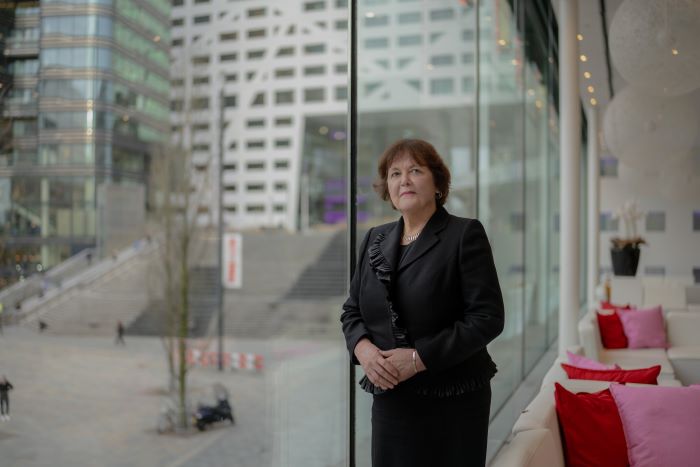
Rosa Jansen
Rosa Jansen stresses the need for genuine commitment to victims’ rights, noting that “We don’t just want policy reform, we want a shift in societal perspective: victims' rights are critical for a just and healthy society." She explains that there is often a disconnect between legislation and reality for victims and warns that “while 2025 includes several important anniversaries, millions of people will become victims to crime and will fail to be given the support they so desperately need. Many victims never report crimes as they are too fearful or distrustful. They may feel nothing will change and poor experiences with the justice process may leave them regretting their decision. Reform is urgently needed to place the victims, who are ordinary people, at the heart of our policies."
Positive developments: looking ahead
It must be noted that, because victims’ issues are felt to have less importance than other societal priorities, victims’ rights policies are not implemented coherently and consistently.
Jansen underlines the need for government leaders to act decisively in order to create real change. “Victims’ rights are misunderstood and undervalued. Being a victim of crime affects our health and our lives, and it weakens our families and communities. We must work together to build resilience and address any harms resulting from crime. By applying victims’ rights, an abused child can not only learn to trust adults but can be successful in life; an elderly person can be compensated for their stolen life savings; and you can walk your neighbourhood without fear. By applying victims’ rights, the vulnerable are empowered; knowing they are supported and protected they can give evidence in court. By applying victims’ rights, victims can be identified, heard, and supported across our social and medical services, our workplaces, our schools, and our communities. While policies – and people – can provide solutions to victims’ needs, we need governments to ensure victims’ rights are enforced at all levels!"
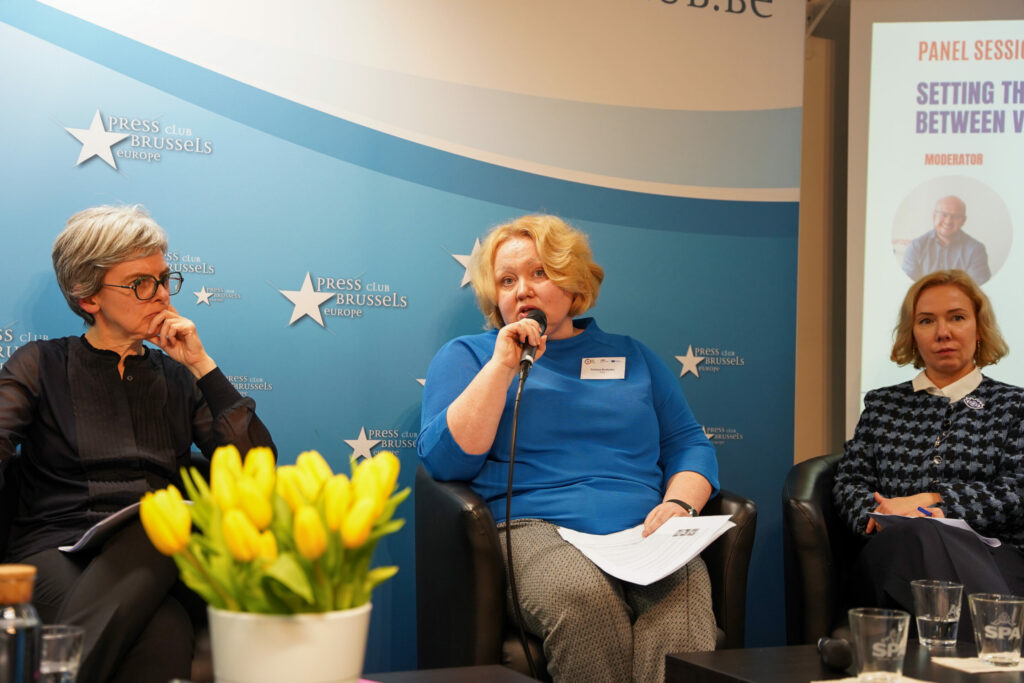
Tetiana Rudenko
Tetiana Rudenko from OSCE notes that while developments in victims’ rights offer hope, more work is required. "2025 marks the 50th anniversary of the Helsinki Final Act, which commits participating States to respect their citizens’ human rights and fundamental freedoms. While victims must be able to access justice and States must lead the implementation of new laws, the OSCE is here to help guide this process."
Rudenko highlights not only the need for tailored, trauma-informed assistance for victims during legal processes and the importance of free legal aid but also the need for reduced reliance on victim testimony, advocating instead for proactive investigations that use advanced technology. Furthermore, she underscores the use of victim-centered approaches, especially for victims of human trafficking (who should not be held accountable if coerced into illegal acts by their traffickers).
Prof. Dr. Suzan van der Aa, a contributor to the Council of Europe’s revised Recommendation on Rights, Services, and Support for Victims of Crime, explains how existing frameworks are still relevant. She notes the Council’s revised recommendation “enhances provisions for victim support” and “improves access to justice, post-trial rights, and support for victims in legal matters.” However, she is cautious about its impact, noting it is non-binding; nonetheless she believes it could inspire countries to adopt the revised Victims’ Rights Directive.
Prof. van der Aa also highlights that the inconsistency in victims’ rights across Member States, stemming from “poor funding” and compliance issues, affects their implementation and suggests that the revision could offer countries a more flexible and adaptable framework.
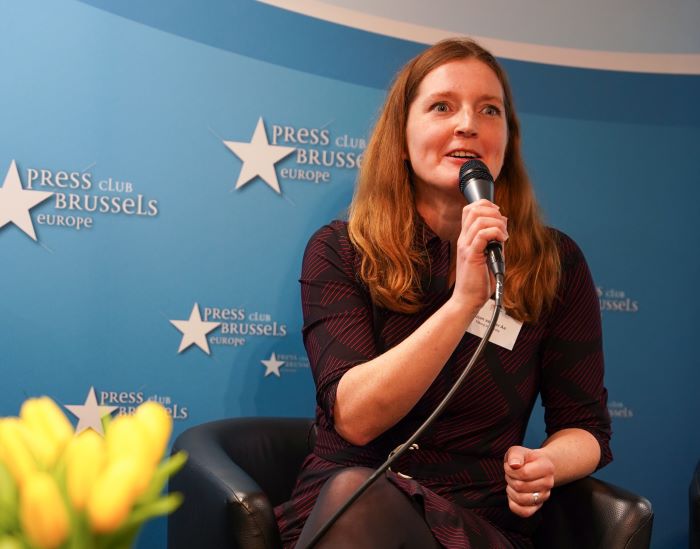
Prof. Dr. Suzan van der Aa
Anna Giudice, a UNODC Team Leader, reflects on how the UN Declaration of Basic Principles of Justice for Victims can be adapted to meet modern challenges. "While its principles are crucial to addressing new forms of crime, such as digital harassment and hate speech, technical tools which respect victims’ rights must be developed to ensure they receive protection in cross-border cases. Additionally, (marginalised) victims must have access to justice and trauma-informed approaches must prioritize victims’ well-being."
Giudice believes that ensuring political will translates into action: “To turn political commitment into real results, we need effective mechanisms and strategies in place. The UNODC’s technical assistance is vital for reforms establishing victim services, and advocacy for the 2025 Year of Victims' Rights will remind governments of their commitments, bridging the gap between political commitment and effective implementation.”
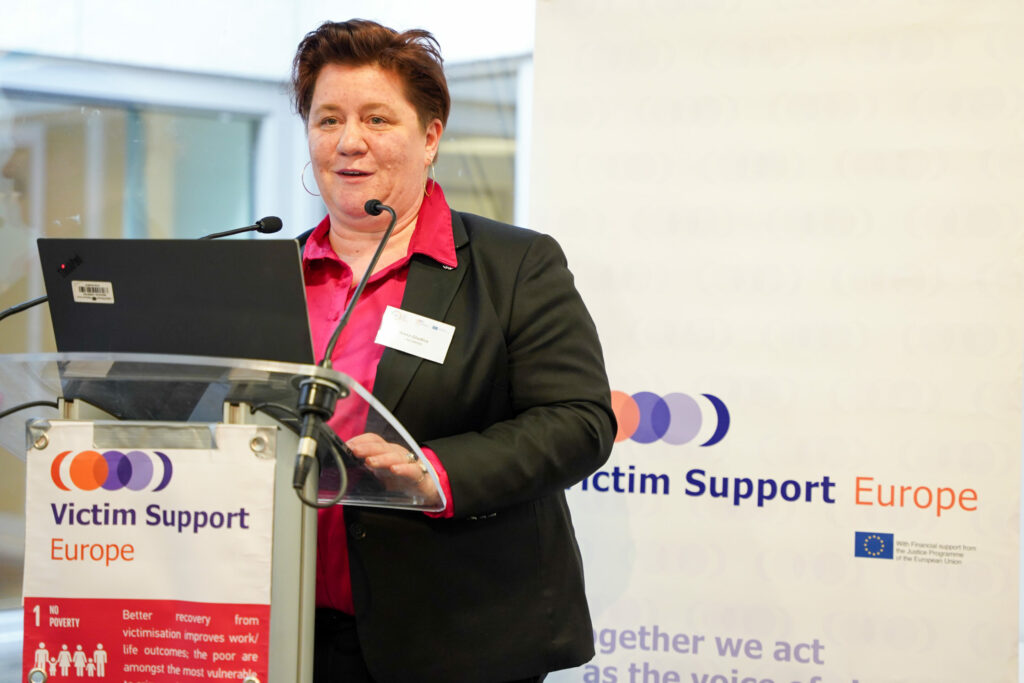
Anna Giudice
But how can we drive countries to commit to change?
Rosa Jansen notes that while the mandatory nature of EU laws can make a difference, neither the UN nor the Council of Europe have binding victims’ right conventions. Without such conventions, enforcement of any commitment is limited. Thus, the need for coordinated international efforts to create strong legal frameworks, focusing on national and local activities, is emphasised.
VSE’s "2025 - Year of Victims' Rights" campaign reflects these priorities and drives initiatives that can enhance victim support systems. Jansen stresses that “States must prioritise the implementation of national victim support frameworks, a victims’ strategy, and victim-centered safe justice. To build victim-centric solutions they must coordinate with NGOs, government agencies and the private sector. They must listen to, and respect, victims. They must ensure our justice systems not only deliver justice but also protect victims from harm and help them to recover.” says Jansen. “We are committed to ensuring every country has a national victim service that will help any and every victim, not matter what the crime. This service should be complemented by wide ranging specialist services, a national victim support helpline, court assistance, improved reporting structures, and compensation for victims. A key focus will be on empowering victims including the most vulnerable such as young people—so they can be active participants in driving change."
Jansen continues, “At VSE, we prioritize a victim-centric approach, emphasizing ‘choice’ and ‘voice’ to empower victims. Our new Victim Platform will enable victims to influence the services and policies that affect them. It will offer them a safe space while allowing victims to engage in advocacy and VSE projects. By involving victims directly, we can ensure future services and policies reflect their true needs.”
All four contributors—Rosa Jansen, Anna Giudice, Suzan van der Aa, and Tetiana Rudenko—believe in the potential of civil society campaigns for meaningful change. They see it as their duty to advocate for truth and inspire hope. Jansen notes that “People feel alienated and powerless. Our role is to remind everyone they can effect change. In a crisis-laden world, we must work towards a better life for all.”
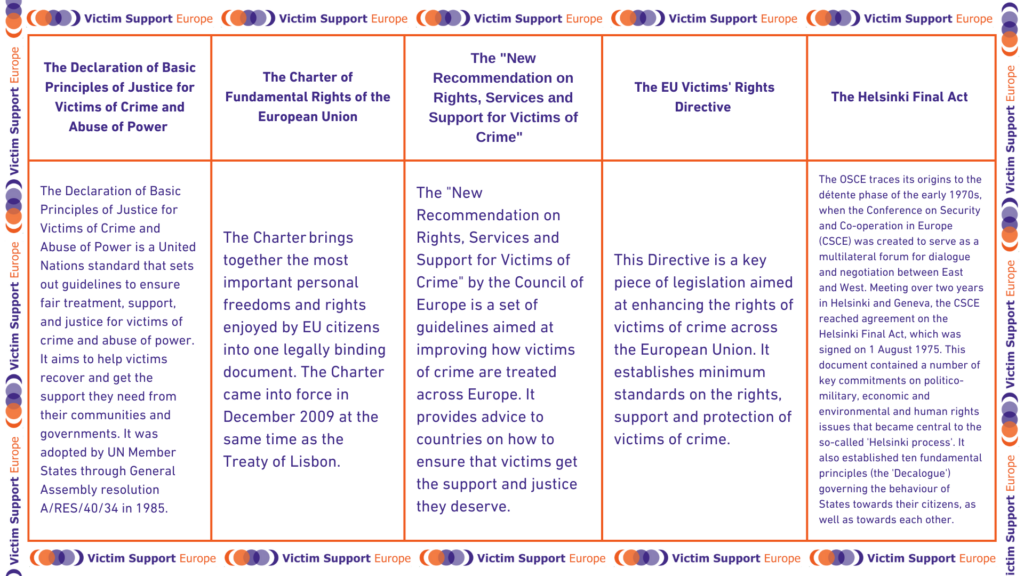
Discover more about the VSE’s “2025 – The Year of Victims' Rights” campaign and find out how you can get involved here.
Marina Kazakova, Ph.D. Senior Communications Officer, Victim Support Europe

